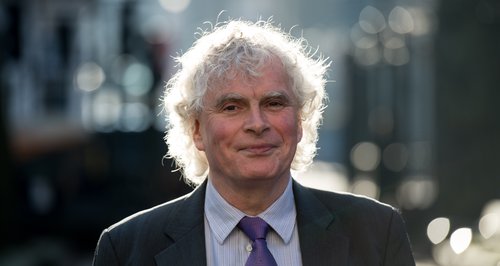In Melbourne, the capital of the State of Victoria, there are a number of community concert bands, brass bands, symphony orchestras, community choirs, numerous small ensembles including jazz, rock, and world music groups. Some are in geographical locations around Melbourne, some are attached to City Councils or to churches and religious communities. Many perform or present themselves in public mainly in their local area. No doubt the same variety is in other capital cities of Australia.
A new publication Musical Ecologies: Instrumental Music Ensembles Around The World explores the role community music plays out around the world and how various instrumentally based music-making communities operate as ecologies that allow notions of social, political and cultural agency and identity/ies. From the Abstract for Musical Ecologies: instrumental Music Around the World ed. Leon de Bruin, Jane Southcott 1st edition 2022 London: Routledge also taylorfrancis.com
The Grainger Wind Symphony was selected as one community instrumental ensemble of focus and the research findings make up Chapter 10 Training and Retaining Traditions: The Grainger Wind Symphony by Jane Southcott and Leon de Bruin click here.

The Grainger Wind Symphony formed in 1985 with the Inaugural Music Director George Logie-Smith, an icon in the Melbourne music scene, particularly in community choral and instrumental music. Roland was on the founding committee holding the position of Associate Conductor. It was approved as an Incorporated Association under the Act legislated by the Victorian Government in 1986. At the time, the primary reason for seeking this level of formality in the organisation was to protect the organising committee members. As the Incorporated Associations Act was updated in 2014, there was event greater clarification of processes, amongst other, to ensure members rights were articulated. In addition, The GWS has a number of other policies that protect the individual members. They include privacy Policy, Child Safety, and Policies for Code of Conduct, in particular Australian Live Performance Industry Code of Practice to Prevent Workplace Discrimination, Harassment, Sexual Harassment and Bullying. For more information about the GWS policies click here. These factors illustrate that The GWS was established as an ongoing community that clearly stated the purposes, goals and codes of conduct for all members.
![]()



